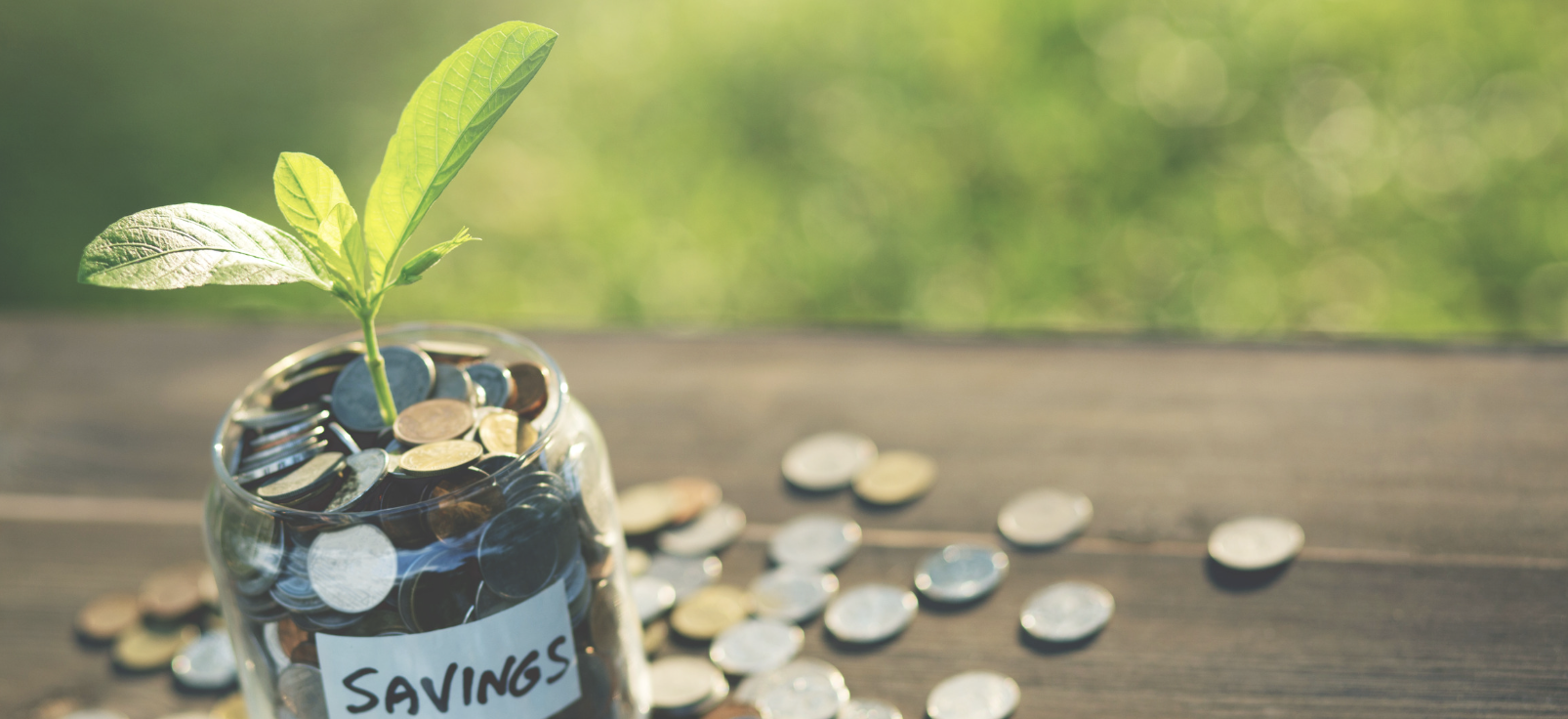In today’s world, where prices seem to rise every year, many people are looking for ways to save money and live more sustainably. One surprisingly effective solution? Gardening. Whether you’re growing vegetables, herbs, or even flowers, gardening has the potential to significantly reduce your household expenses. But can gardening save money? Absolutely! In this blog post, we’ll explore how starting a garden can help you save on grocery bills, reduce waste, and even cut down on other household costs.
Section 1: Reducing Grocery Costs with Your Own Garden
One of the most immediate ways gardening can save money is by reducing the need to buy fruits, vegetables, and herbs from the store. Here’s how:
- Growing Your Own Produce: When you grow your own vegetables, fruits, and herbs, you eliminate the need to purchase them at the supermarket. While there is an initial investment in seeds, soil, and tools, the long-term savings from growing your own food can be substantial. For example, a single tomato plant can yield a number of tomatoes, saving you money on fresh produce throughout the season.
- Seasonal Harvesting: Depending on your climate and the types of plants you grow, you can enjoy multiple harvests throughout the year. Growing seasonal vegetables and fruits that are expensive in stores can help lower your grocery bill even further. Think of how much you could save by growing your own lettuce, carrots, or squash.
- Organic Produce Without the Price Tag: Organic produce often comes with a higher price tag, but by gardening, you can grow your own organic food at a fraction of the cost. This is especially beneficial for those who prefer pesticide-free and environmentally friendly options but don’t want to pay the premium prices in stores.
Reducing Food Waste with Gardening
Another way gardening saves money is by reducing food waste, which is an often-overlooked cost. Here’s how gardening can help:
- Harvest Only What You Need: One of the challenges with store-bought produce is that it can go bad quickly, leading to waste. When you garden, you can harvest just the amount of produce you need for each meal, helping you avoid throwing away excess food that would otherwise spoil.
- Composting Your Waste: Gardening also gives you the opportunity to create your own compost, which is not only environmentally friendly but also reduces the cost of buying commercial fertilizers. You can compost food scraps, lawn clippings, and plant debris, which all return valuable nutrients to your soil and help your garden thrive without added expenses.
- Regrowing Food from Scraps: If you’ve ever thrown away vegetable scraps, think again! Many kitchen scraps—such as green onion roots, potato eyes, or celery stems—can be regrown into new plants. Not only does this reduce waste, but it also allows you to grow more food without additional investment.
Gardening to Save on Household Expenses
Gardening doesn’t just save money on groceries; it can also cut costs in other areas of your household:
- Growing Herbs Instead of Buying: Fresh herbs can be expensive when bought at the store. By growing your own, you can save money and enjoy fresh herbs all year round. Consider planting basil, parsley, thyme, or mint—herbs that are simple to grow and often cost a lot at the grocery store.
- Reducing Lawn Care Costs: Maintaining a lawn can get expensive, especially when factoring in lawn care products, watering, and the cost of hiring a landscaper. Instead of investing in expensive lawn fertilizers and pesticides, you could turn your garden into a food-producing area or even create a wildflower garden that requires less upkeep.
- Cutting Back on Home Decor: Gardening isn’t just about food—it can also beautify your home. By growing flowers, shrubs, or ornamental plants, you can save money on purchasing store-bought décor. Imagine the savings when you can create a vibrant, blooming backyard or even grow your own cut flowers for indoor arrangements.
Investing in Long-Term Savings
While gardening does require some upfront costs, the long-term savings are significant:
- The Return on Investment: Although you’ll need to buy seeds, tools, soil, and other supplies to get started, the money you save on produce over the years can quickly offset this initial expense. Over time, as you perfect your gardening skills and expand your garden, your yields will increase, making your garden an even better investment.
- Decreasing Utility Bills: Growing a garden that thrives without excessive water or fertilizer use can also lower utility bills. By opting for drought-resistant plants, you reduce your water consumption, saving you money on water bills. Plus, growing your own food can eliminate the need to buy commercial fertilizers or pesticides, reducing the costs of maintaining your garden.
- Learning a New Skill: Gardening also teaches you valuable skills that can save you money in the long run. Learning how to grow your own food, manage pests, and take care of plants can give you the knowledge needed to tackle other DIY projects around the house. From canning and preserving produce to making your own compost, gardening opens up opportunities for cost-saving practices.
Tips for Saving Money with Gardening
If you’re ready to start gardening and saving money, here are some practical tips to maximize your savings:
- Start Small: If you’re new to gardening, don’t overwhelm yourself with a large garden right away. Start with a small vegetable patch or container garden to learn the basics and keep costs low.
- Grow Easy, High-Yield Crops: Focus on growing high-yield, easy-to-grow crops that offer a good return for your investment, such as tomatoes, cucumbers, lettuce, and herbs.
- Save Your Seeds: Once you start harvesting your crops, save the seeds for next season to avoid buying new ones. This can be an excellent way to grow your garden year after year without incurring additional seed costs.
- Use DIY Fertilizers: Instead of buying expensive fertilizers, make your own compost or use kitchen scraps to create nutrient-rich soil that will benefit your garden and save money.
Can gardening save money?
Absolutely! From cutting grocery bills to reducing food waste and saving on household expenses, gardening offers a multitude of ways to save money while providing fresh, healthy produce and a beautiful environment. While there may be some initial costs, the long-term benefits and savings make gardening a worthwhile investment. Plus, it’s a rewarding hobby that connects you with nature and teaches you valuable life skills.
Ready to save money with gardening? Start your own garden today with our organic fertilizers that help you grow healthier, more abundant plants without breaking the bank. Visit Ecoworm to explore our products and get started on your cost-saving gardening journey.


Comments are closed